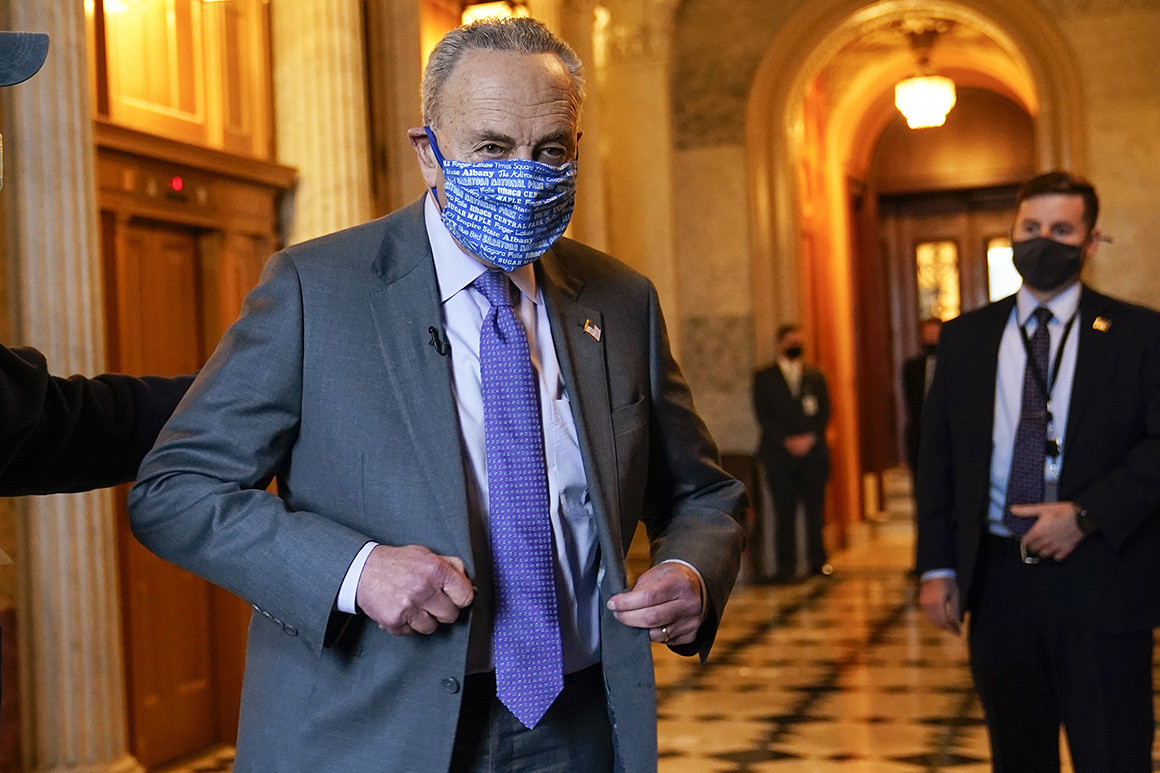
We have a deal: Senate passes Biden’s $1.9 trillion coronavirus relief bill
A marathon session that started on Friday, March 5, ended on the morning of March 6 with a slim 50-49 passage of the American Rescue Plan Act.
No, the minimum wage will not be increased to $15 an hour, but the Biden administration has still scored its most important victory since taking the helm of the U.S. on Jan. 20 with the Senate passage of its $1.9 trillion coronavirus relief bill on March 6.
It took a marathon session, that began a day earlier at 9 a.m., for the upper chamber of Congress to finally come to a slim consensus. The American Rescue Plan Act passed the Senate by a vote of 50 to 49, with every Democrat voting in favor of the legislation, and every Republican voting against it. Alaska Republican Senator Dan Sullivan was absent for the vote.
The Senate passage comes a week after the House passed the bill 219 to 212, with two Democrats joining the Republicans in dissenting the bill.
The $15 minimum wage hike was a part of that original bill sent to the Senate from the House, but with eight Democrats voting against the measure on Friday, March 5, it was ejected.
Further compromises made in the Senate from the original House bill include keeping the weekly unemployment payments at $300, instead of $400. The Senate version also extends those payments until Oct. 6, rather than August.
RELATED CONTENT
Most Americans will also still be receiving their long-promised $1,400 stimulus checks, but eligibility has been restricted, as individuals making $80,000 a year and couples making $160,000 will no longer receive checks.
The bill also still includes a major increase to the child tax credit for families to get more relief funds, and major funding boosts for COVID-19 testing and vaccination, schools, states, cities, and small businesses.
Shortly before midnight on March 5, the chamber began a “vote-a-thon” to consider the many amendments to the bill. Along the way in the Senate’s negotiations, Republicans had some three dozen amendments tossed.
Next stop for the bill is back to the House of Representatives for a final confirmation vote before heading to President Joe Biden’s desk.
Despite many progressives in the House criticizing the bends made in the Senate to moderates in the Democratic Party, none have come out yet to say they will not vote for the bill.
That vote is expected on Tuesday, March 9, five days before the March 14 deadline set by the Biden administration when current federal unemployment benefits end.











LEAVE A COMMENT: